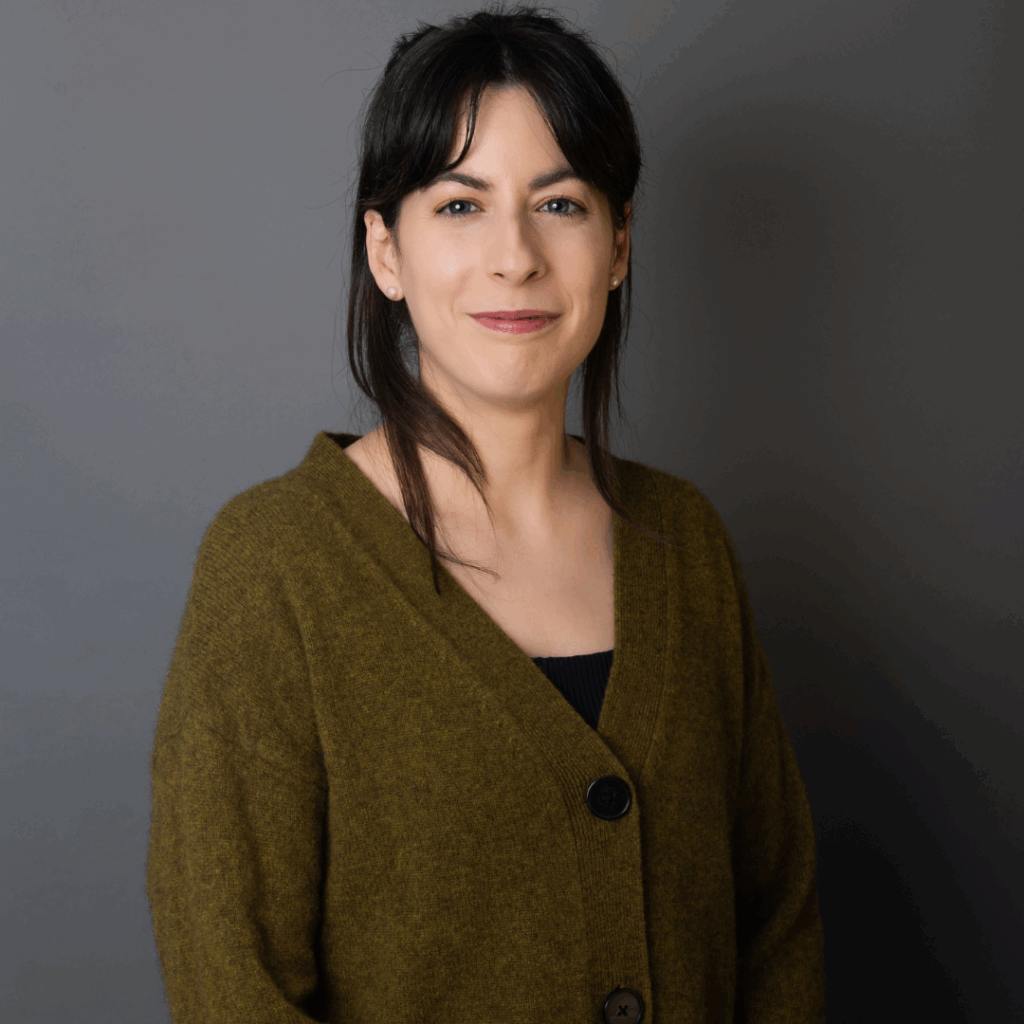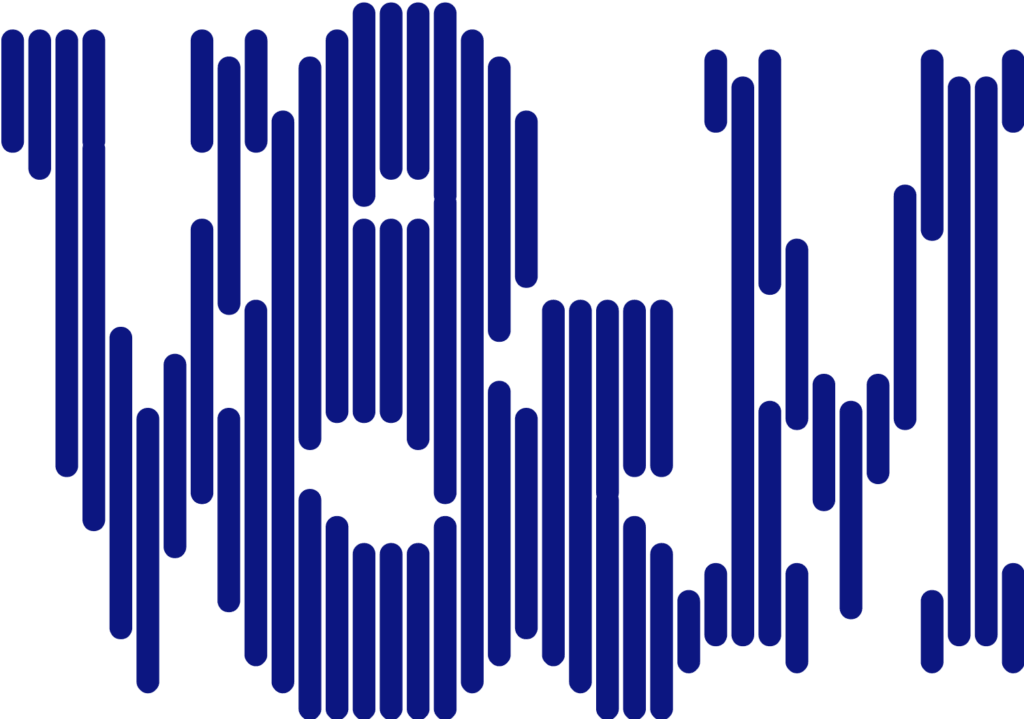Why this festival?
The Voice and Media Festival was born out of a need: a need to better understand, represent, and bring visibility to the experiences of people with communicative differences. Too often, these experiences are framed only through the lens of “problems,” “disorders,” or “deficits.” Yet what we see, hear, and show also shapes what we feel, what we believe is possible, and who we become.
« You can’t be what you can’t see. »
— Marian Wright Edelman
My name is Geneviève Lamoureux. I am a person who stutters.
I’m also a speech-language therapist and a Ph.D. student in speech-language sciences, under the supervision of Ingrid Verduyckt, Ph.D., and Lucie Ménard, Ph.D. Together with an incredible team, I’m organizing the Voice and Media Festival.
For a long time, I did everything I could to hide my stuttering. Until the age of 22, I masked it relentlessly, at the cost of near-constant discomfort and a quiet sense of shame. I felt ashamed of how I spoke. I had deeply internalized the idea that stuttering wasn’t welcome. That it needed to be fixed in order to “succeed” in many spaces, or simply to be heard, to be respected.
What I lacked were role models. Images. Examples. In the media, in my university courses, in the arts, in society at large… I didn’t see people who stuttered. Or if I did, they were caricatured, pathologized, or just invisible.
In short, I only knew one way to see stuttering: as something undesirable.
Then one day, in the Netherlands, I met other people who stutter (I tell that story here [available in French only] and here). And for the first time, I felt at home, with stuttering. The people I met were diverse, with all kinds of ways of stuttering, speaking, and being. Audible stuttering, subtle stuttering, stuttering that shifted. People who were extroverted, calm, flamboyant, reserved. Stuttering wasn’t just one thing, it became plural. In discovering their voices, I began to hear my own differently.
A few years later, at 28, I decided to become a speech-language therapist (SLT). And once again, representation was key: seeing other SLTs who stutter made it possible for me to imagine that I could become one, too.
Today, I’m conducting doctoral research on how stuttering is, and could be, represented. Because I deeply believe that there’s rarely only one way to see things.
It’s in part out of this journey that the Voice and Media Festival was born.
Over the past few years, I’ve encountered ideas that have deeply shaped me. For example, in 2023, I attended the Stammering Pride Against Prejudice event at City Lit College in London. That day, I came across the concept of Transformative Belonging, developed by St. Pierre and Jorgensen Skakum (2025).
In their work, they describe three modes of belonging that shape how people who stutter are (or are not!) included in society:
- Curative: belonging is conditional on fixing what’s “wrong.” You’re accepted only if you hide, compensate, or “improve” what is perceived as a flaw.
- Inclusive: difference is tolerated, but the surrounding structures and norms remain unchanged. People who stutter may be allowed to participate, but without altering the space to fully accommodate them. Stuttering is still seen as interfering with the “right” way of doing things.
- Transformative: difference is seen as enriching and generative. It’s not the person who must change or adapt, it’s the world that must open up, reimagined in relation to them.
What if, instead of merely tolerating dysfluent voices, we welcomed them as forms of presence that can reshape our collective spaces?
That day, I also encountered the work of JJJJJerome Ellis, a multidisciplinary artist (who will be performing at the festival on November 8!). In his book The Clearing, he compares his blocks to clearings, spaces of slowness, breath, and fertile interruption in a world obsessed with speed. He connects these clearings to the history of his enslaved African-American ancestors, who took refuge in forest openings to sing, resist, and exist on their own terms, far from their captors. Stuttering, too, can become a space to pause. An invitation to exist differently, on one’s own time.
These representations expanded my imagination. They reminded me how much what we see, hear, and tell shapes what we believe is possible. We need to see in order to imagine.
Stuttering can be all of these things: sometimes difficult, sometimes neutral, sometimes generative, luminous, and shared. And all of that deserves to be represented.
With the support of allies from clinical, community, artistic, and academic fields, we envisioned a public space to collectively reflect on these representations.
The Laboratoire d’innovations en orthophonie (Labo IV) and Labo CinéMédias came together to bring this project to life, with the support of the Social Sciences and Humanities Research Council of Canada (SSHRC).
Meet our incredible partners who make this festival possible.
Stuttering is at the heart of this first edition, not as the sole focus, but as a concrete starting point. The festival also explores other communicative experiences that are still underrepresented: aphasia, autism, dyslexia, Tourette, deafness, and other ways of communicating that are perceived as atypical.
What is this festival trying to build?
A world that makes more room for diverse forms of humanity.
A world where, little by little, we can all see ourselves.
Happy festival!

Geneviève Lamoureux is a PhD candidate in Speech-Language Therapy and Audiology at the Université de Montréal, where she is a member of both the Laboratoire d’innovations en orthophonie and the Labo CinéMédias. Also a person who stutters, she centers her research on reducing the stigma associated with stuttering and communication differences. Her interests focus on the intersections of representation, power, and inclusion. As part of her work, she initiated the creation of new media representations of stuttering, notably by producing “We Are the Audience” (set to be released in November 2025), a collaborative short film developed with several partner organizations. The Voice and Media Festival is a continuation of her doctoral project, conceived as a space for creation, dissemination, and collective reflection.
Reference : St Pierre, J., & Jorgensen Skakum, D. (2025, March). Towards a World that Stutters: Dysfluency in Three Modes of Belonging. In Symposium: Canadian Journal of Continental Philosophy/Revue Canadienne de Philosophie Continentale (Vol. 29, No. 1).
